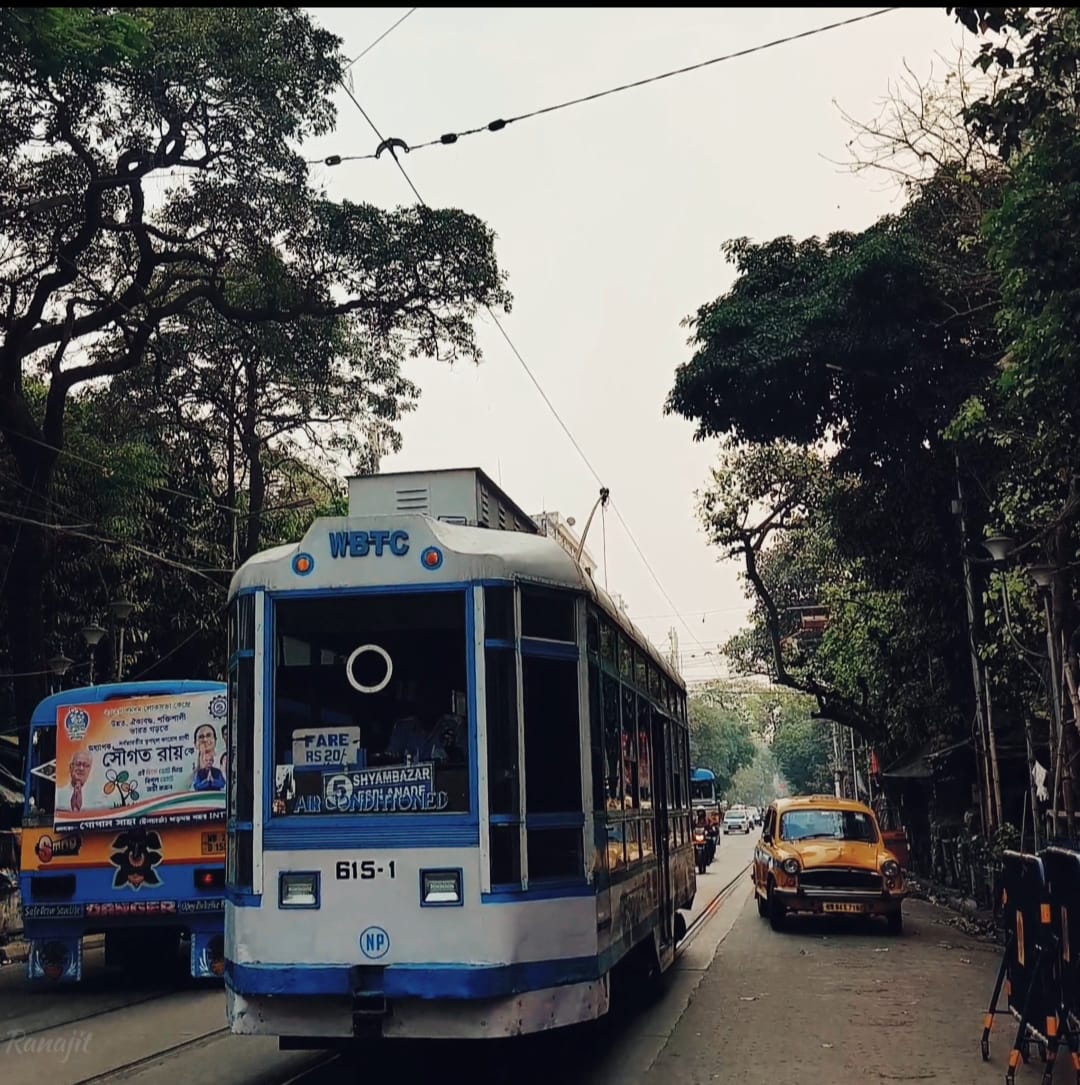
The West Bengal government has chosen to withdraw the majority of the tram service, which has been operating in Kolkata, the last city in India to operate trams, for 150 years. The decision was made public by Transport Minister Snehasis Chakraborty, who attributed the main cause to the city’s growing traffic congestion. But the old section between Maidan and Esplanade will stay open, protecting a piece of the city’s cultural legacy.
The villagers, however, were not happy about this decision. Because they see the trams as an important component of Kolkata’s history and identity, many locals and tram enthusiasts are dissatisfied with this decision.
Were you aware that the first trams were horse-drawn carriages inaugurated in 1873? The trams have been an integral part of Kolkata’s public transport system for as long as anybody can remember. Since trams have been a fixture in Kolkata for more than a century, people have traditionally connected trams with the city. Kolkata will lose one of its most distinguishing characteristics with this new decision. Indeed, among many other features that distinguished Kolkata from other Indian cities were the trams.
It’s true that the trams evoke feelings of nostalgia and tradition. If reports are to be believed, the government argues that pragmatic considerations were the only factor in the decision. The transport minister claims that only 6% of Kolkata’s total surface area is made up of the city’s constrained road network and tiny streets. The trams are going so slowly that the roads are getting more and more congested. Given the continued increase in the number of vehicles on the road, it is inevitable that the issue of peak-time traffic bottlenecks would worsen in the near future. Currently, one of the problems facing the city is traffic congestion.
Read more: https://thelocaljournalist.com/cyber-crime-kolkata-police-recovers-rs-5-lakh-in-fraud-case/
